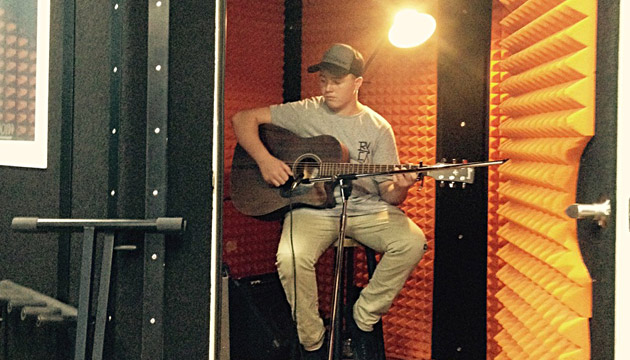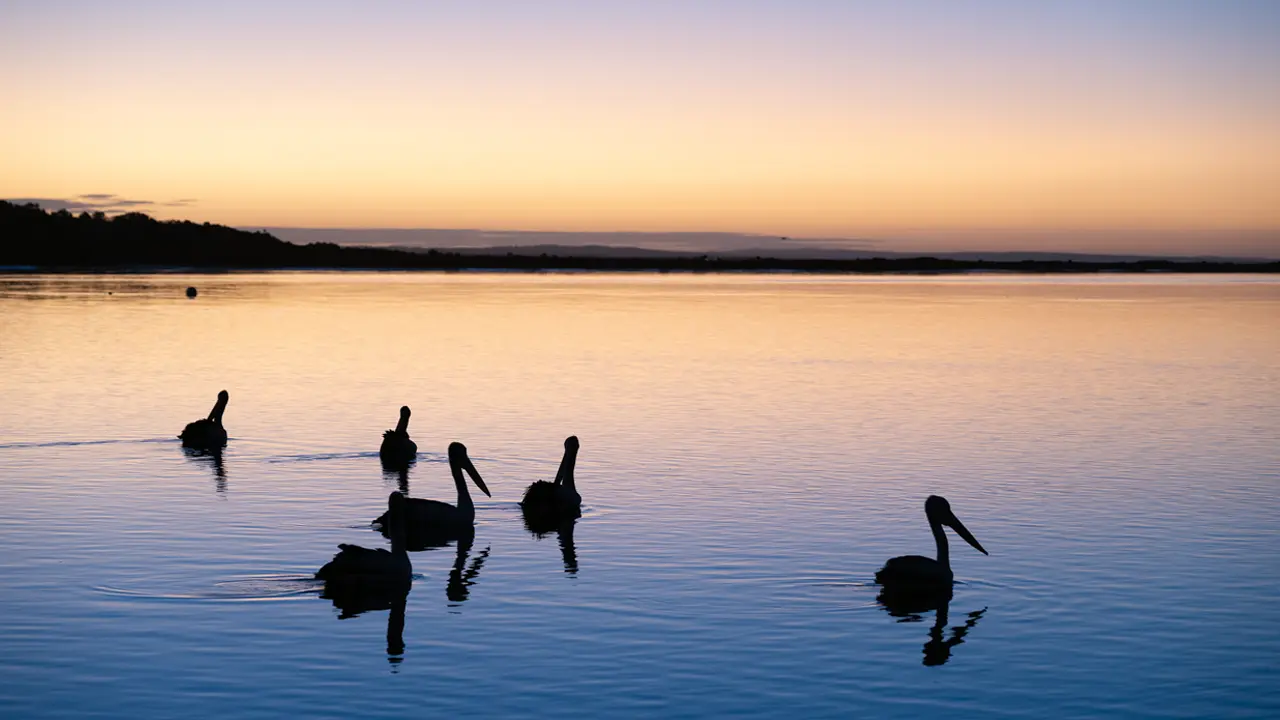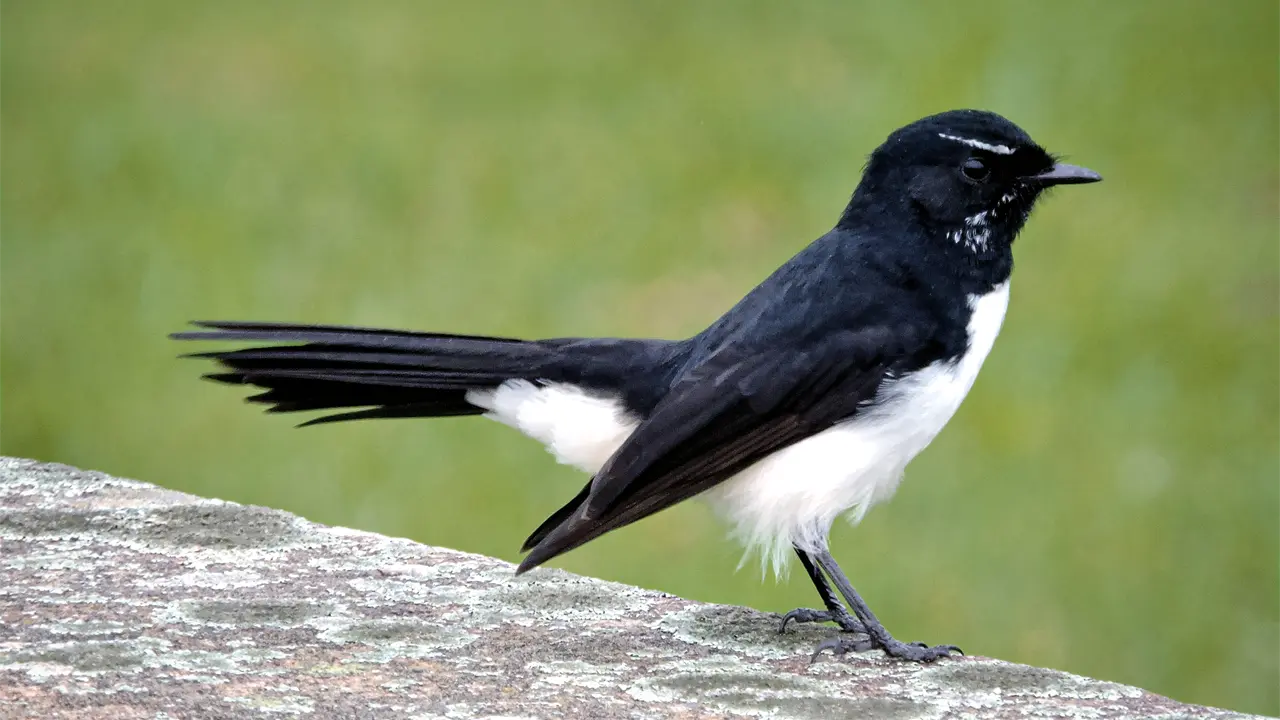A new, free college in Port Macquarie, NSW, is successfully bringing teenagers back to school for the first time in years.
Story Ken Eastwood
"That is just crazy ridiculous. It’s off the Richter scale.” Principal of Nautilus Senior College at Port Macquarie, NSW, Valerieanne Byrnes expresses gleeful shock at the phenomenal attendance rates at the new college, which started at the beginning of this year and is designed for teenagers who don’t fit into traditional schools. “Since we started we’ve had over 96 percent attendance,” she says. Attendance isn’t compulsory at the school, which makes the statistic even more surprising.
“Even when we say to a student, ‘You don’t seem to be having a good learning day. You might have to have some time off’, they still come back the next day. They’ve really bought into it,” Valerieanne says. “Are parents happy that their kids are coming here, rather than being on the street or wagging? You bet they are.”
Nautilus College is the newest of 11 New South Wales schools that use the Alesco schooling method, which started in Newcastle in 2002. There are no uniforms, traditional class time is limited, class sizes are kept small, vocational training is encouraged and the bulk of learning is project-based. The students themselves are encouraged to develop an idea about something they are interested in, and then the teachers – all of whom have non-traditional backgrounds – help the students achieve learnings through their chosen area. At Nautilus College, some students are working on mechanical projects such as building go-carts, others are involved in animal husbandry projects on local farms or developing aquaculture projects, and another has been designing streetwear. “So he’s doing design, and business – that’s where the maths will come in – then you get your IT smarts when the website is designed,” Valerieanne says.
She says that students still have to be assessed against the curriculum, and teachers design catch-up lessons if a student is missing out on certain things. “No matter how you learn algebra, whether it’s by practice, games or rote learning, the school has to assess whether the child has learnt that or not,” she says. “Project-based learning might cover 80%. It might be 90% or it might be 60%.”
Jack Zavone is in year 10 at the school. He wants to be a bike mechanic, and so his project is restoring BMX bikes. “I’ve got to work out how much I’m going to spend, how much I’m going to sell it for, the market rates etc,” Jack says. For science, he works out things such as the mass of different parts, “and for history I’ve been learning the history of BMX”.
Jack previously went to MacKillop College in Port Macquarie, but wasn’t progressing and was in trouble a lot for not doing homework or class work. “It’s a good school, it’s just not what I needed,” he says. “Mum thought Nautilus would be a great idea for a different way of learning. I was really excited about it, and I’ve been here since day one.” Jack reckons many others could also benefit from the Nautilus style of teaching. “Maybe people having trouble with learning or can’t get that motivated to learn,” he says.
Another student, Jade Harvey, has settled into year 9 at the college, even though she really struggled at her previous school. “At the end of year 8 I wasn’t going to school much and I was in a very depressed mode. I was also extremely bored and I wasn’t happy,” Jade says. “Me and the teachers weren’t getting on well and it got to the point that I wasn’t going to class.”
Jade, now described as a star student by her teachers, has been mainly working on an art project with nature as a theme, producing sketches, paintings and photographs. “You don’t have to wear uniform and it’s definitely not as strict, and I fit in better,” she says. “It’s extremely nice and welcoming.”
Jade mentions the teachers’ personalities as being a key factor. All come from varied backgrounds. One has worked in war zones and currently is employed part-time in a maximum security prison in Kempsey. Another is a part-time life coach and takes mindfulness and wellbeing classes with the students.
The college’s science-plus teacher, Lloyd Godson, has been involved in non-mainstream education since he set a world record by living underwater in a self-designed steel habitat for 12 days. He also currently runs a nature school for preschoolers. “We all come from pretty diverse backgrounds in terms of our skill sets,” Lloyd says. “We aim to find out what it is that makes that student come back to school, and then we help them come up with something that’s achievable and realistic, but challenges the student in some way.
“Every Wednesday is adventure day, and that’s about getting kids into the great outdoors, and ticking some sort of adventure. We might have a history or geography lesson about where we’re rock climbing, then we’ll have the rock climbing itself, then some maths and trigonometry, working out the height of where we’re climbing … Some kids don’t want, ‘Now it’s English, now it’s maths, now it’s science’. We’re a lot more flexible.”
Lloyd says as well as a youth worker being on hand, Nautilus emphasises student wellbeing. Every morning the students sit in a circle for a wellbeing “check-in”, where they have to give themselves a score out of 10 and say a word that describes how they’re feeling.
“It took us two weeks for these kids to even be able to form a circle without being instructed,” Lloyd says. “And now they do it really well. If students want to leave school at 11 o’clock because they’ve had enough for the day, that’s fine – all we ask is that they touch base with us to let us know, and we’ll call the parents to ask if that’s ok. These kids are actually turning up every day, and we’re not telling them to be here – if anything, we’re telling them the opposite.”
Lloyd says other life skills and responsibilities are taught to the students. For example, they have their own kitchenette, but have to organise their own rosters to keep it clean.
Nautilus is run by Port Macquarie Community College, which specialises in education for the community. The college currently has 36 students in years 9 and 10, and there are plans to expand to other years, starting with year 11 next year.
“Some of these students haven’t been to school since year 7, because no-one encouraged it, and now they’re back,” Valerieanne says.
This story excerpt is from Issue #113
Outback Magazine: June/July 2017










